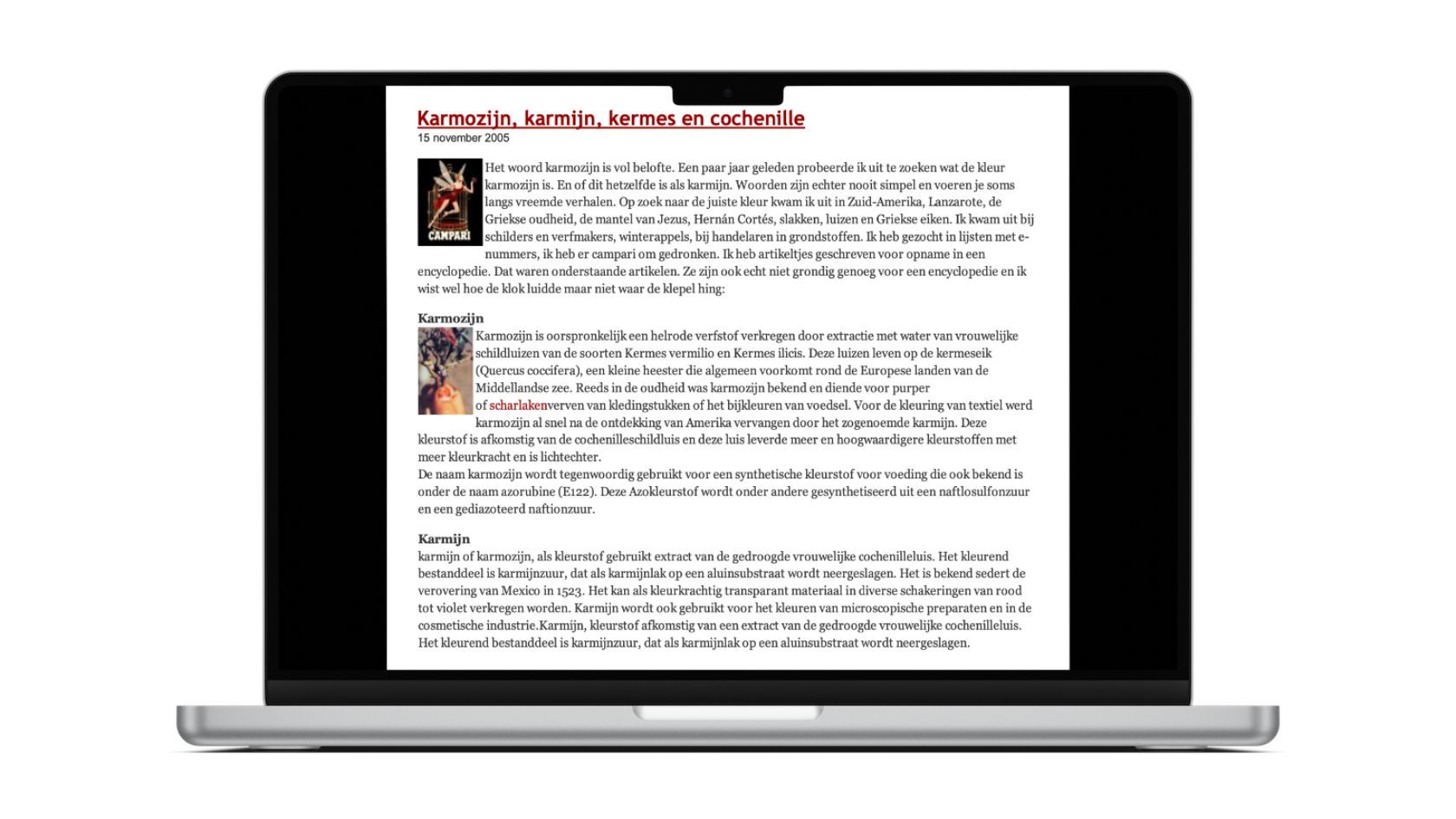WordPress pros and cons
Mastering WordPress. A foundational article for online pros. Delve into its history, plugins, pros, and cons.

WordPress, a name that resonates with millions of online professionals, has been an integral part of the digital landscape for decades. As someone who uses it daily, I have experienced the highs and lows of this powerful content management system.
Join me on a journey through its history, delve into the world of plugins, and explore the profound impact it has had on the lives of online professionals.
The genesis of WordPress:
In the early 2000s, two developers, Matt Mullenweg and Mike Little, joined forces to create a blogging platform known as WordPress. Its humble beginnings as a simple tool for bloggers soon evolved into a full-fledged content management system (CMS). WordPress's open-source nature allowed it to flourish, attracting a vibrant community of developers, designers, and enthusiasts worldwide.
The power of plugins
One of WordPress's greatest strengths lies in its extensive plugin ecosystem. With over tens of thousands of plugins available, online professionals have a seemingly infinite array of tools at their disposal.
Whether it's enhancing SEO, improving website performance, or adding eye-catching visual elements, there's a plugin for nearly everything. This adaptability makes it easy for users to customize their websites according to their specific needs and preferences.
The Pros of WordPress
Let me give a list with pros of using WordPress:
1. User-Friendly Interface:
Even for novices, WordPress offers an intuitive dashboard and user-friendly interface that simplifies content creation and website management.
2. Flexibility and Scalability:
From a simple blog to a fully-fledged e-commerce website, WordPress can scale to accommodate various needs.
3. Thriving Community:
The vast and active WordPress community provides a wealth of knowledge, support, and inspiration, making troubleshooting and learning easier.
4. Regular Updates:
WordPress frequently releases updates to improve security, performance, and functionality, ensuring users stay up-to-date with the latest advancements.
The Cons of WordPress
There are always two sides to a medal. The cons:
1. Security Vulnerabilities:
As an immensely popular platform, WordPress becomes a prime target for hackers, necessitating extra precautions to maintain website security.
2. Plugin Overload:
The abundance of plugins can be a double-edged sword. While they enhance functionality, using too many plugins can slow down a website and lead to compatibility issues.
3. Learning Curve for Advanced Customization:
While basic usage is straightforward, mastering the more intricate customizations may require time and effort to learn.
My love-hate relationship with WordPress
As someone who relies on WordPress daily, I have grown to appreciate its versatility and convenience. The ease of content creation and the vibrant plugin marketplace have undoubtedly made my professional life more manageable.
However, my love for WordPress is tempered by moments of frustration, especially during security incidents and occasional plugin conflicts. Despite the challenges, its immense potential keeps me coming back.

My conclusion on WordPress
WordPress has undeniably transformed the way online professionals build and manage websites. Its journey from a simple blogging platform to a versatile CMS has been nothing short of remarkable. Embracing its history, leveraging the power of plugins, and understanding its pros and cons can empower online professionals to make the most of this beloved platform.
In closing, I hope this journey through the world of WordPress has been as enlightening for you as it has been for me. As an Amsterdam-based web strategist deeply involved in content realization and online marketing, I've not only explored the ins and outs of WordPress but have also compared it to other platforms like Squarespace and Ghost. If you're looking to dive deeper into these topics or simply want to discuss anything related to web strategy, online marketing, or content platforms, I invite you to connect with me.
Let's continue this conversation and together, we can navigate the ever-evolving digital landscape. Feel free to reach out, and I look forward to engaging with you further.






